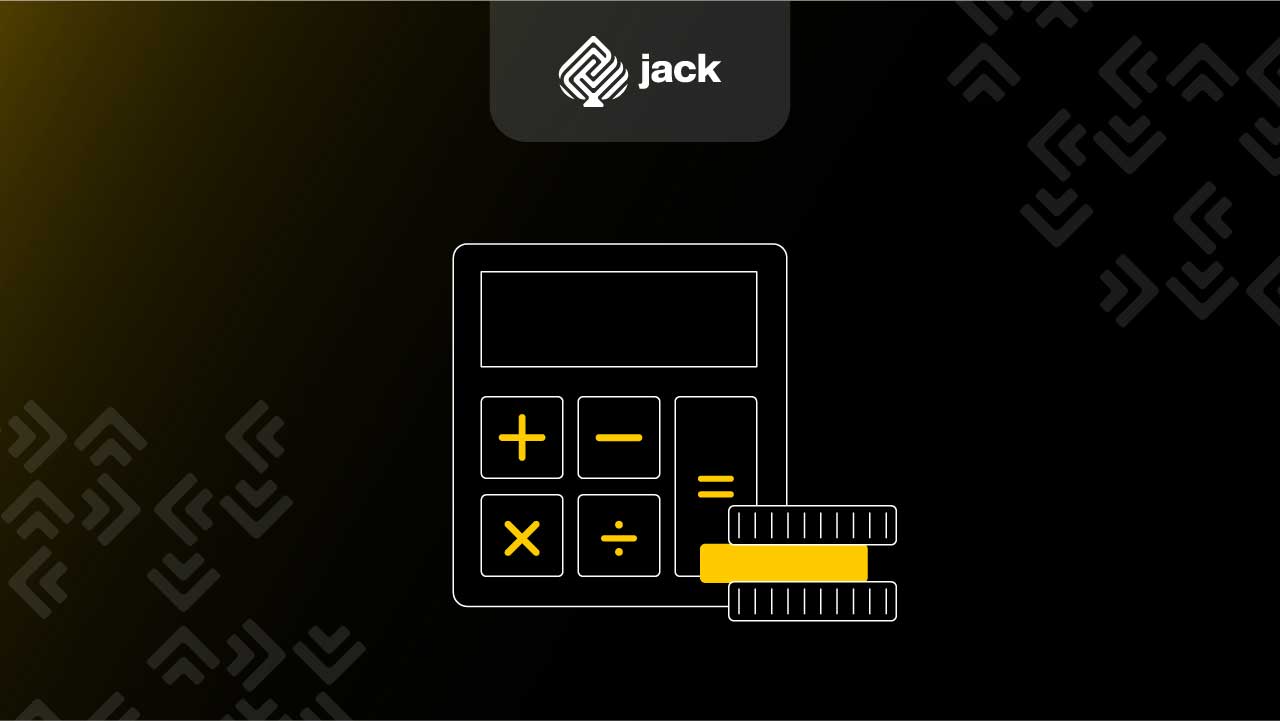Do you often feel confused when looking at your pay slip? Sometimes, the amount listed as gross salary on your pay slip can be very different from the amount you actually take home. That’s why it’s important to understand what take home pay (THP) means.
This article will provide a simple explanation of take home pay, how it differs from gross salary, how to calculate it, and the factors that influence it. Ready? Let’s dive in!
Also read: Easier, Automatic, and Real-Time Transactions with API Disbursement
What is Take Home Pay? Your Actual Net Salary
 Take home pay is the amount of money you receive after all mandatory deductions, such as taxes, BPJS (social security contributions), and other deductions, have been applied. This is the actual amount that reaches your hands and can be used for daily expenses.
Take home pay is the amount of money you receive after all mandatory deductions, such as taxes, BPJS (social security contributions), and other deductions, have been applied. This is the actual amount that reaches your hands and can be used for daily expenses.
Take home pay is often lower than the gross salary stated in your contract or pay slip. This is because various deductions must be made in accordance with the regulations.
For example, if your base salary is IDR 8,000,000, after deducting taxes, BPJS, and other allowances, the amount you take home will be significantly less. To clarify, let’s explore the differences between gross salary and take home pay.
Difference Between Gross Salary and Take Home Pay

Gross salary and take home pay are two commonly used terms in payroll, but they have different meanings:
- Gross salary is the total income you receive before deductions. This includes base salary, fixed allowances, bonuses, and other earnings provided by the company.
- Take home pay, on the other hand, is the amount you actually receive after deductions such as income tax, BPJS (health and employment insurance), and other deductions. In other words, THP is your net salary—the amount you can use for personal expenses.
Even though your gross salary may seem high, the amount you actually receive as take home pay is lower due to mandatory deductions that companies must apply.
Components of Take Home Pay
Now, let’s take a closer look at the components that determine the amount of take home pay you receive each month. Each of these components plays a role in shaping your final salary.
1. Base Salary
The base salary is a fixed amount paid to employees as compensation for their work. It is agreed upon between the employee and employer in the employment contract. The base salary serves as the foundation for calculating allowances and deductions.
2. Allowances
Allowances are additional payments outside of the base salary provided by the company. These can vary depending on company policies and job roles. Some common types of allowances include:
- Fixed Allowances – Such as meal, transportation, and health benefits provided regularly every month.
- Non-Fixed Allowances – These are usually given based on performance evaluation, such as attendance or target-based incentives.
3. Bonuses and Incentives
Bonuses are rewards given to employees, often based on performance achievements. These may include cash bonuses, prizes, or other incentives such as overtime pay.
4. Mandatory Deductions
Every employee must pay certain mandatory deductions set by the government or company. These include:
- Income Tax (PPh 21) – Deducted based on your salary and applicable tax rates.
- BPJS (Health and Employment Insurance) – Contributions for healthcare and social security programs.
- Pension Fund or Additional Health Insurance – If the company provides extra pension or health benefits.
5. Other Deductions
Besides mandatory deductions, there may be other deductions applied by the company, such as:
- Company Loans – If you have taken a loan from the company, the repayments are deducted from your salary.
- Fines or Other Charges – Some companies impose penalties for failing to meet certain obligations, such as unjustified absences.
How to Calculate Take Home Pay

Now, let’s go through the steps to calculate take home pay. It’s not difficult once you understand the components involved.
Step 1: Determine Gross Salary
Start by calculating your total gross salary, which includes your base salary, allowances, bonuses, and other earnings.
Example:
- Base Salary: IDR 7,000,000
- Meal & Transport Allowance: IDR 1,500,000
- Performance Bonus: IDR 2,000,000
Gross Salary Calculation:
Gross Salary = Base Salary + Allowances + Bonus
Gross Salary = IDR 7,000,000 + IDR 1,500,000 + IDR 2,000,000 = IDR 10,500,000
Step 2: Calculate Mandatory Deductions
Now, deduct all the mandatory contributions, such as income tax and BPJS.
Example:
- Income Tax & BPJS: IDR 2,000,000
Total Deductions Calculation:
Total Deductions = Income Tax + BPJS
Total Deductions = IDR 1,500,000 + IDR 500,000 = IDR 2,000,000
Step 3: Calculate Take Home Pay
Now, subtract the total deductions from the gross salary.
Take Home Pay = Gross Salary - Total Deductions
THP = IDR 10,500,000 - IDR 2,000,000 = IDR 8,500,000
So, your take home pay is IDR 8,500,000.
Examples of Take Home Pay for Different Salaries
To make it clearer, here are some examples of take home pay calculations based on different income levels:
- For a salary of IDR 5,000,000:
Gross Salary: IDR 5,000,000
Deductions (Tax + BPJS): IDR 800,000
Take Home Pay: IDR 5,000,000 - IDR 800,000 = IDR 4,200,000
- For a salary of IDR 15,000,000:
Gross Salary: IDR 15,000,000
Deductions (Tax + BPJS): IDR 3,500,000
Take Home Pay: IDR 15,000,000 - IDR 3,500,000 = IDR 11,500,000
- For a salary of IDR 50,000,000:
Gross Salary: IDR 50,000,000
Deductions (Tax + BPJS): IDR 12,000,000
Take Home Pay: IDR 50,000,000 - IDR 12,000,000 = IDR 38,000,000
Factors That Affect Take Home Pay
Several factors influence the amount of take home pay you receive, including:
- Tax Status & Additional Income
- Income tax is calculated based on your annual income, the higher your income, the higher your tax rate.
- Marital status and number of dependents can also affect tax deductions.
- Company Policies
- Different companies offer varying allowances and deductions that can impact take home pay.
- Location & Regional Minimum Wage (UMR)
- Salaries in major cities tend to be higher than in smaller towns, affecting take home pay accordingly.
Use Jack for your Business Needs
If you work in HR or payroll, ensuring accurate and efficient payroll calculations is crucial. Jack Payroll provides an automated, accurate, and user-friendly payroll solution to streamline your salary calculations.
Try Jack Payroll today and experience an easier, error-free way to manage your company’s payroll!







